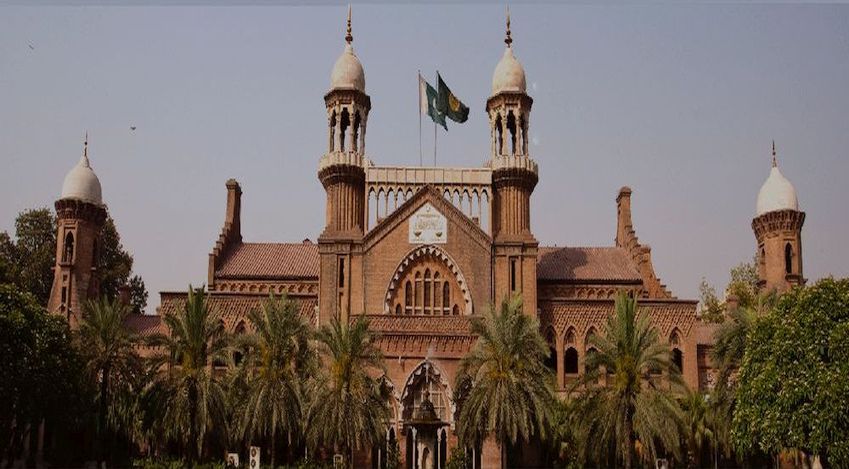Lahore High Court Set Aside the Previous Dismissal and Orders for Fresh Inquiry in Illegal Dispossession Case
Islamabad 05-08-2024: The Lahore High Court Orders Fresh Inquiry in Illegal Dispossession Case has ordered a fresh inquiry into a complaint of illegal dispossession filed by the petitioner against the respondents, including the State. The judgment, delivered by Mr. Justice Muhammad Amjad Rafiq, sets aside the previous dismissal of the complaint by the Additional Sessions Judge, Chiniot.
In his petition, the petitioner claimed that he and his family were illegally dispossessed of their land measuring 12 Kanals and 7 Marlas by the respondents. Despite having lawful possession through a partition agreement and a warrant of possession issued on September 10, 2020, Khan was allegedly forcibly removed from his property on October 3, 2020. This led to the filing of FIR No. 458, where the respondents accused Khan and others of various offences under the Pakistan Penal Code.
The High Court found that the Lower Court did not conduct a proper inquiry as mandated by Section 202 of the Criminal Procedure Code (Cr.P.C.). The judgment emphasized the need for thorough investigation and evidence collection in cases of illegal dispossession, referencing key case laws such as “Muhammad Jawad Hamid vs. Mian Nawaz Sharif and Waqar Akli vs. The State”.
The Court highlighted procedural irregularities in the handling of the complaint by the Additional Sessions Judge. The High Court noted that the Trial Courts often follow routine patterns in prosecuting complaints under the Illegal Dispossession Act, 2005, but stressed that comprehensive inquiries or investigations must be conducted if an offence is apparent.
The judgment also outlined the proper procedures for police investigation in non-cognizable cases, as detailed in Police Rules, 1934, and Section 155(3) Cr.P.C. It emphasized that Courts can direct local inquiries by magistrates or revenue officers, which are considered as evidence under Section 5 of the Illegal Dispossession Act.
The Court's decision underscores the importance of distinguishing between inquiry and investigation, noting that both processes can be employed sequentially to ensure comprehensive case handling. It criticized the Lower Court for not summoning police records or considering the lawful possession of the property by the complainant.
In conclusion, the Lahore High Court set aside the previous order and reinstated petitioner's complaint, directing the Lower Court to conduct a proper inquiry or investigation as necessary. This judgment reaffirms the need for rigorous legal procedures to protect the rights of lawful property owners against illegal dispossession.
Powered by Froala Editor








